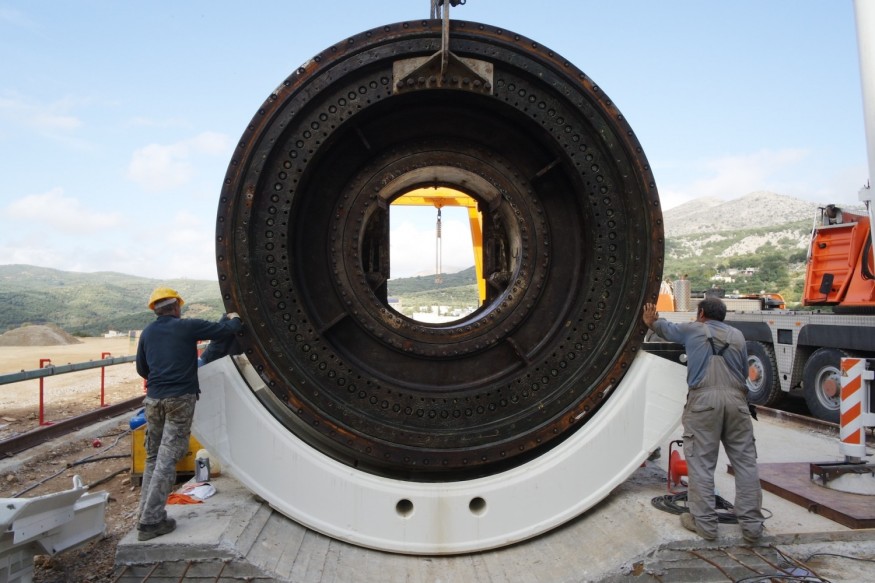
High Pay and Many Opportunities
Water utilities in the United States are having trouble recruiting and retaining employees. The shortage is expected to worsen as a third or so of the water workforce retires over the next decade. Many new workers must be trained, and rapid technological advances mean that these new workers need to be highly skilled in wastewater treatment technologies.
But even though jobs in the water industry offer much better pay than comparable jobs elsewhere, especially on the lower end of the income spectrum, many positions remain unfilled. A few examples of jobs in this sector:
Water Treatment Plant Operators
Water treatment plant operators start with a salary between $37,000 and $54,000 a year and may need no more than a GED. After five years on the job and acquiring higher-level certification, they may earn between $67,000 and $71,000 a year.
Water treatment plant operators collect and record data; monitor and adjust pressures, flow rates, tank levels, and water quality; operate service pumps and booster stations; perform chemical tests; and conduct plant maintenance, cleaning, and mechanical diagnostics.
Water Distribution Operators and Water Collection Operators
Water distribution operators and water collection operators start with a salary between $38,000 and $49,000 a year, usually having earned a first-level certification or at least working on it. After five years on the job and earning higher certification, they may earn between $48,000 and $69,000 a year. The two sets of responsibilities are often combined in a single position.
Water distribution operators are responsible for reservoirs, tanks, mains, pumps, meters, hydrants, water lines, service connections, flow tests, chemical monitoring, and customer service.
Water collection operators use power equipment to prevent sewage overflows and blockages and to ensure that wastewater flows safely to treatment facilities. Their duties include cleaning, maintenance, construction, and repair of components of the wastewater collection system like sanitary sewers, storm drains, pump stations, pipes, manholes, and catch basins.
Wastewater Treatment Operators
Wastewater treatment operators start with a salary between $35,000 and $50,000 a year and after five years may earn between $41,000 and $72,000 a year. They operate and monitor wastewater treatment plant equipment, verifying that treatment is effective and complies with all necessary rules and regulations. Their duties include regular inspections, adding chemicals, testing effluent and sewage samples, and cleaning plant systems. Some operators oversee other plant employees.
Other Jobs
Water restoration technicians help restore water systems in the aftermath of disasters.
Water maintenance technicians maintain pumps and filtering machinery, test water, and perform basic engineering and mechanical and electrical tasks.
Water treatment specialists monitor chemicals for safe drinking water. They often travel to different plants.
Water laboratory technicians collect and test water samples.
Water resources engineers plan distribution networks to transport water safely to customers.
Water project managers lead teams that plan water infrastructure projects.
Inspection managers ensure compliance with federal and state regulations and file reports.
Civil engineers use knowledge of how water systems function in relation to electrical systems and transportation as they plan and build infrastructure.
Wastewater engineers manage and design sewage, graywater, and wastewater systems.
With America's Water Sector Workforce Initiative, the EPA and its federal partners are taking steps to attract people to the sector. They are collaborating with states, utilities, tribes, local governments, and others to encourage development of a strong and talented workforce.
Many jobs in the water sector are high-quality jobs that pay well and entail the performance of meaningful work. After all, those who do this work protect and provide a substance that makes life possible for us all.
© 2025 NatureWorldNews.com All rights reserved. Do not reproduce without permission.





